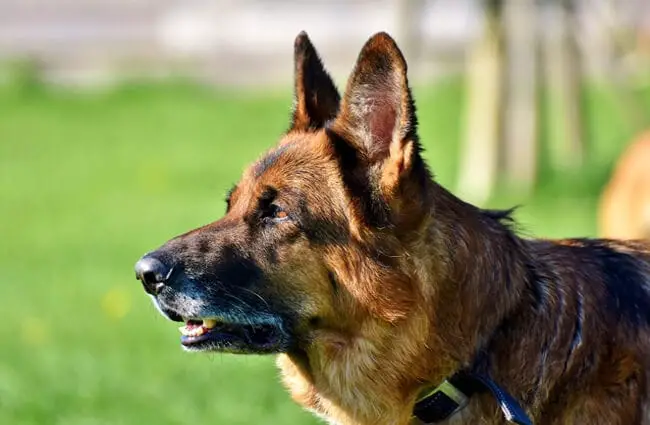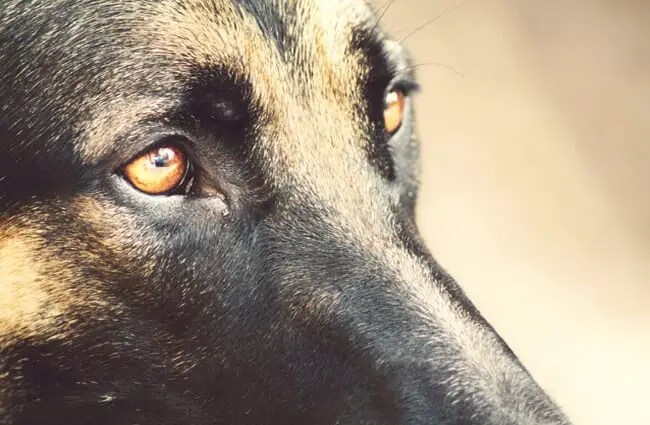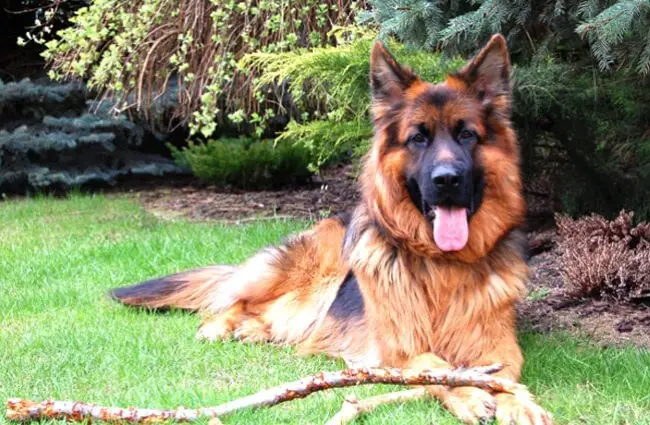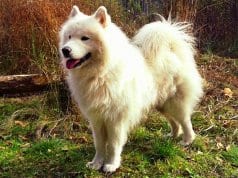The German Shepherd Dog, a breed synonymous with intelligence, loyalty, and capability, holds a prominent place in canine history and modern society. More than just a working dog, it’s a beloved companion, a vigilant protector, and a testament to selective breeding. This comprehensive guide explores the breed’s origins, characteristics, care requirements, and fascinating nuances.

A Breed Forged in Purpose: History and Origins
The German Shepherd was originally bred for herding sheep in late 19th century Germany. A former cavalry officer, Max von Stephanitz, envisioned a superior herding dog. However, his ambition extended beyond simply managing livestock. He sought to create a dog that embodied intelligence, courage, and versatility – a true all-purpose working dog.
Von Stephanitz meticulously selected dogs based on working ability and temperament, prioritizing function over appearance. He focused on dogs from various regions of Germany, specifically those used for herding but also exhibiting qualities suitable for police and military work. In 1899, he established the ‘Verein für Deutsche Schäferhunde’ (Society for German Shepherd Dogs) and registered the first German Shepherd, a dog named Horand von Grafrath.
The breed quickly gained popularity, not only as a capable farm hand but also as a reliable service dog. Its performance during both World Wars cemented its reputation for courage and intelligence, although it also led to a temporary decline in its numbers. Post‑war, the German Shepherd continued to excel in diverse roles, including search and rescue, bomb detection, and as a guide for the visually impaired.

Physical Characteristics: Size, Appearance, and Variations
German Shepherds are medium to large‑sized dogs, typically standing between 22 and 26 inches tall at the shoulder. Males generally weigh between 65 and 90 pounds, while females range from 50 to 70 pounds. The breed boasts a muscular, athletic build, designed for endurance and agility.
The classic German Shepherd coat is a double coat consisting of a dense undercoat and a weather‑resistant outer coat. Common coat colors include black and tan, black and red, sable, and solid black. While the black and tan pattern is perhaps the most recognizable, variations in shading and markings are common.
There are also variations within the breed, most notably the show line versus the working line. Show line German Shepherds often have a more sloped back and a heavier build, prioritizing aesthetic appeal. Working line German Shepherds, on the other hand, typically have a straighter back and a leaner build, prioritizing functionality and athleticism. There’s also the long‑haired German Shepherd, possessing a longer, more luxurious coat.
Temperament and Behavioral Traits
German Shepherds are renowned for their intelligence, courage, and loyalty. They are highly trainable and eager to please, making them excellent candidates for various working roles and canine sports. However, these traits also require consistent training and mental stimulation.
This breed possesses a strong protective instinct, making it a natural guard dog. Early socialization is crucial to ensure this protectiveness doesn’t translate into aggression toward strangers. Exposing the puppy to a variety of people, places, and sounds will help it develop into a well‑adjusted and confident adult.
German Shepherds are also known for their velcro tendencies, they often form strong bonds with their families and enjoy being involved in all aspects of their lives. They thrive on companionship and can become destructive or anxious if left alone for extended periods.

Caring for Your German Shepherd: A Comprehensive Guide
Exercise and Mental Stimulation
German Shepherds are high‑energy dogs that require a significant amount of exercise. Daily walks, runs, or playtime are essential to keep them physically and mentally stimulated. Canine sports such as agility, obedience, or Schutzhund provide excellent outlets for their energy and intelligence. Puzzle toys and interactive games are also beneficial for keeping them mentally engaged.
Grooming
German Shepherds shed moderately year‑round, with heavier shedding during spring and fall. Regular brushing, at least several times a week, is essential to manage shedding and prevent matting. Occasional bathing is also necessary, but excessive bathing can strip the coat of its natural oils.
Nutrition
A high‑quality dog food formulated for large breeds is crucial to support the German Shepherd’s growth and maintain its overall health. Puppies require a diet specifically designed for large‑breed puppies to prevent rapid growth, which can lead to joint problems.
Health Concerns
German Shepherds are prone to certain health conditions, including hip and elbow dysplasia, degenerative myelopathy, bloat, and pancreatitis. Responsible breeders screen their dogs for these conditions before breeding. Regular veterinary checkups and preventative care are essential for maintaining the breed’s health.

Beyond the Basics: Understanding the Nuances of the Breed
The German Shepherd is a complex breed with a rich history and a unique temperament. Understanding its inherent traits and providing appropriate care are essential for building a strong and fulfilling relationship.
This breed thrives on having a job to do. Even if it’s not a formal working role, providing opportunities for mental stimulation and problem‑solving will keep it happy and content.
Early socialization is not just about preventing aggression; it’s about building confidence and ensuring the dog is comfortable in a variety of situations.
German Shepherds are sensitive dogs that respond best to positive reinforcement training methods. Harsh punishment can damage their trust and lead to behavioral problems.

Is a German Shepherd Right for You?
The German Shepherd is an exceptional breed, but it’s not for everyone. It requires a dedicated owner who is willing to provide consistent training, ample exercise, and plenty of mental stimulation. If you are an active individual or family who is looking for a loyal, intelligent, and versatile companion, the German Shepherd may be the perfect breed for you. However, if you are unable to meet its demanding needs, another breed may be a better fit.
Ultimately, owning a German Shepherd is a rewarding experience that comes with a great deal of responsibility. With proper care and attention, this remarkable breed will enrich your life for many years to come.






![Red Angus Closeup of a beautiful Red Angus cowPhoto by: U.S. Department of Agriculture [pubic domain]https://creativecommons.org/licenses/by/2.0/](https://animals.net/wp-content/uploads/2020/03/Red-Angus-4-100x75.jpg)

